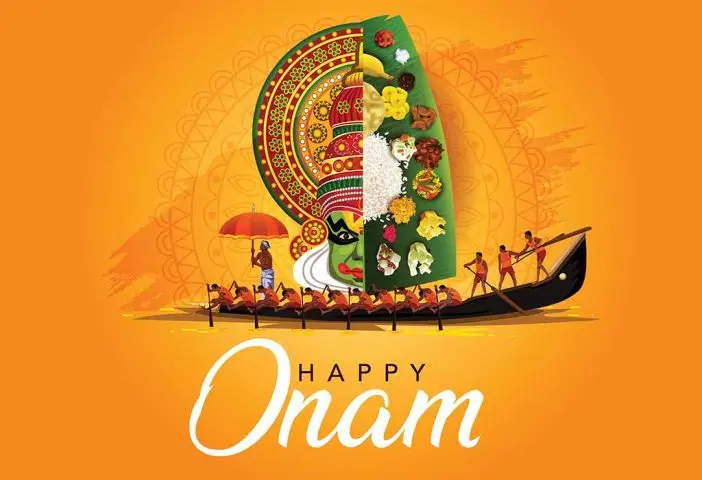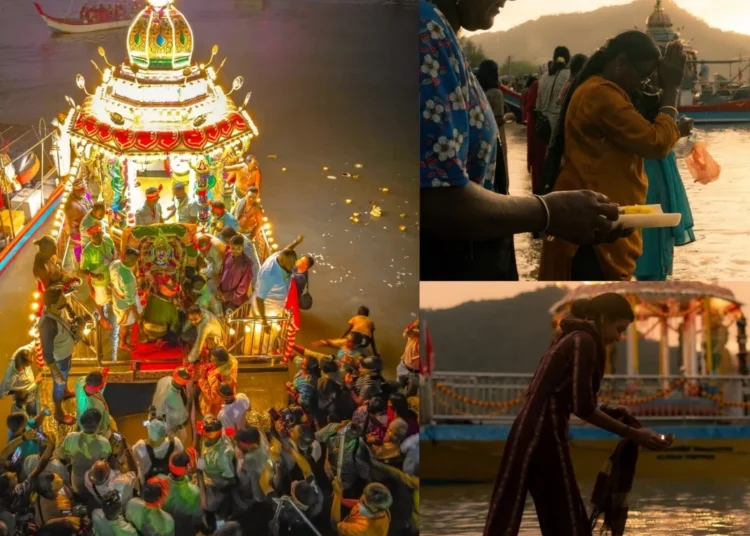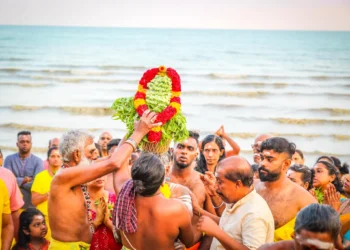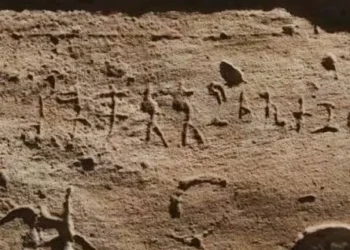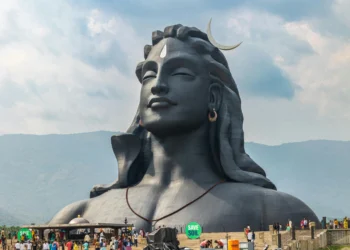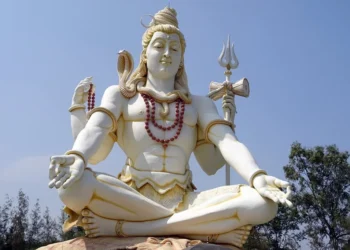Deep within the vibrant state of Kerala, nestled along the southwestern coast of India, lies a festival that embodies the essence of unity, joy, and cultural richness. Onam, the most significant and cherished festival of the Malayali community, is a celebration of harvest, heritage, and the eternal bond between humans and nature. With its elaborate rituals, grand feasts, intricate flower arrangements, and spirited folk performances, Onam is a captivating tapestry woven with tradition, spirituality, and a sense of belonging.
Historical Roots and Mythological Significance
Onam traces its origins to ancient myths and legends, prominently featuring the legendary King Mahabali. According to Hindu mythology, King Mahabali, a wise and benevolent ruler, earned the favor of the gods and the love of his subjects. His reign was a golden era of prosperity and harmony. However, his growing power concerned the gods, particularly Lord Vishnu. In a clever twist, Lord Vishnu incarnated as Vamana, a dwarf Brahmin, and approached King Mahabali for land.
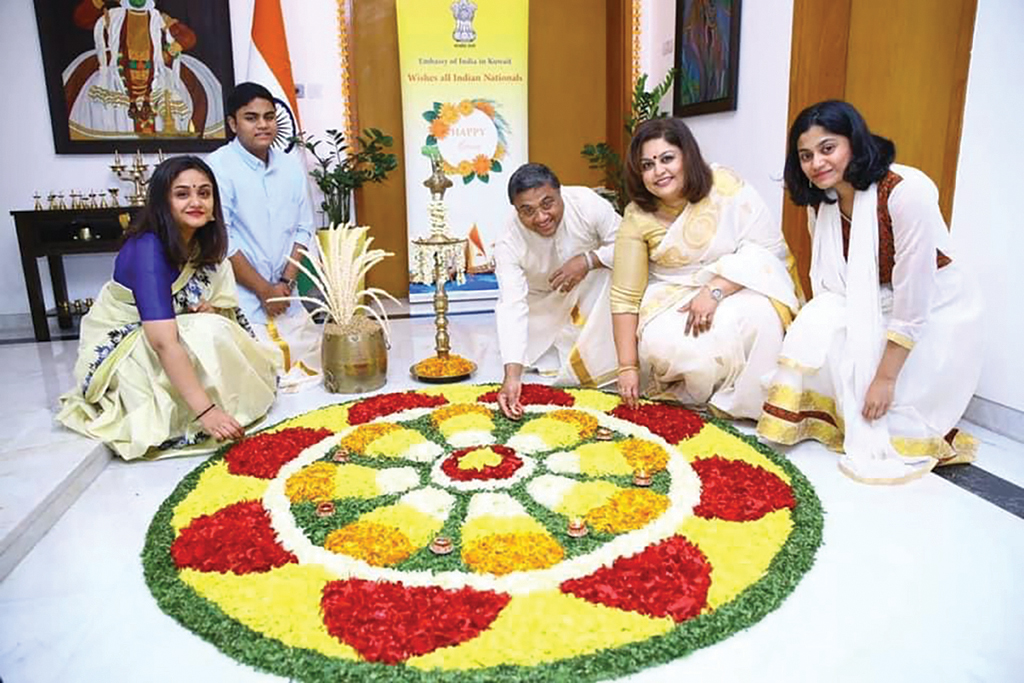
Impressed by the Brahmin’s humility, Mahabali granted Vamana a boon that he could take as much land as he could cover in three paces. Vamana then transformed into his divine form, covering the entire universe in just three steps. In a touching gesture, King Mahabali offered his head as the third step, an act of unparalleled devotion. Touched by Mahabali’s sincerity, Vishnu granted him a wish – to visit his kingdom, Kerala, once a year.
The Ten Days of Celebration
Onam, celebrated during the Malayalam month of Chingam (August-September), extends over ten days and is marked by various rituals and festivities. The most iconic feature of Onam is the “Pookalam,” intricate flower rangoli made using vibrant petals of various flowers. Each day, the Pookalam grows larger and more intricate, representing the welcome of King Mahabali.
Atham – The first day marks the beginning of Onam. People clean their homes, and women create small Pookalams.
Thiruvonam – The main day of celebration, featuring the grandest Pookalam, traditional attire, and a sumptuous feast known as “Onam Sadhya.”
Onam Sadhya – The Onam sadhya, a grand vegetarian feast, is a culinary spectacle that showcases the diverse flavors of the region. Served on a banana leaf, this elaborate spread features an array of dishes ranging from sambar, aviyal, thoran, and paayasam, each contributing to a harmonious blend of tastes and textures.
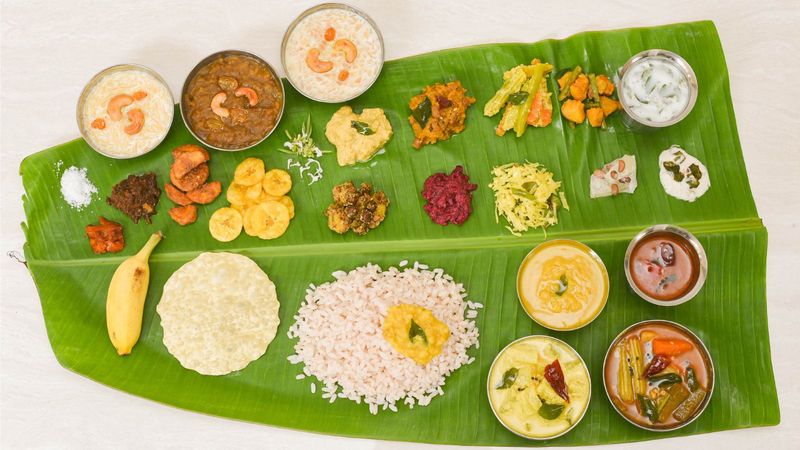
Cultural Unity and Renewed Spirit
Onam transcends religious and cultural boundaries, fostering unity among the diverse population of Kerala. It’s a time when people come together to celebrate, forgetting their differences and embracing their shared heritage. The festival also serves as a reminder of the importance of environmental conservation, as the Pookalam artistry highlights the intricate relationship between humans and the natural world.
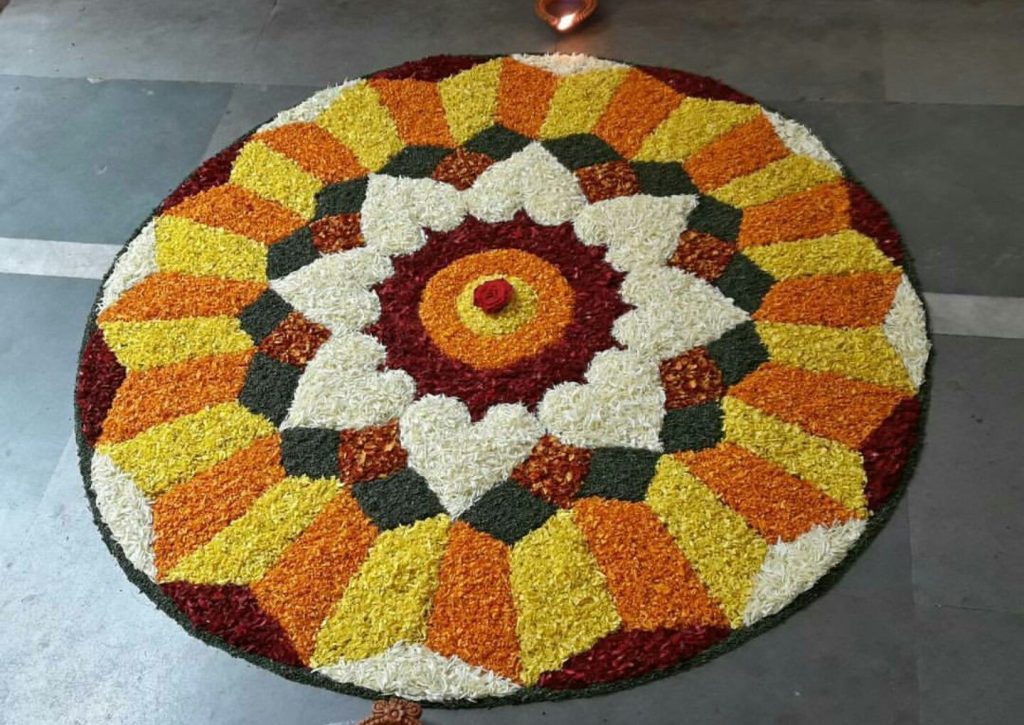
During Onam, Malayalis extend their prayers to Lord Vamana and their revered King Mahabali. Their supplications are aimed at securing the prosperity, longevity, and joy of their family, friends, and acquaintances. Additionally, they seek divine blessings for a bountiful harvest as part of their rituals.
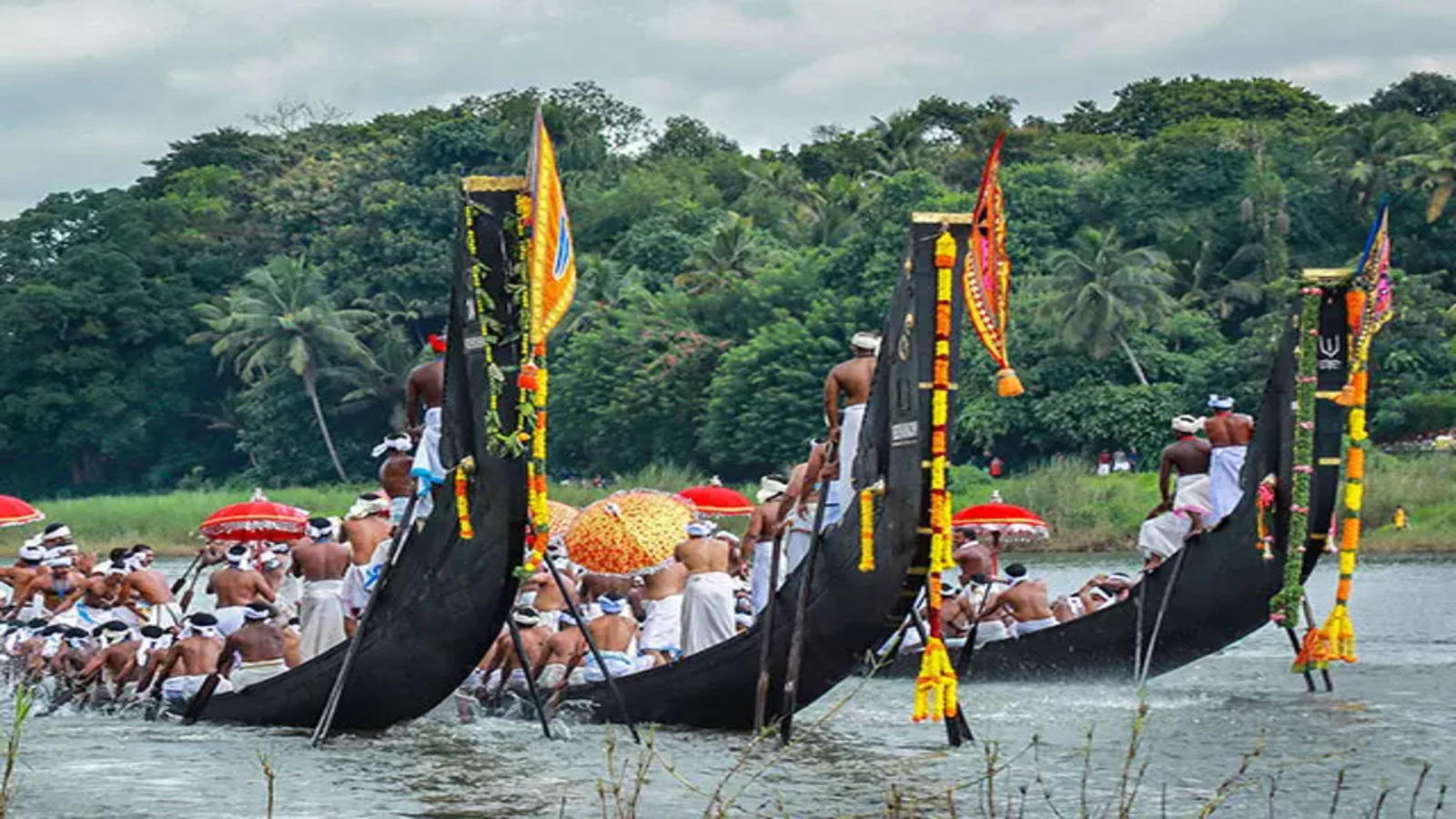
Onam isn’t merely a festival; it’s a heartfelt tribute to Kerala’s rich cultural heritage, a tapestry woven with myths, rituals and art. Through its celebrations, Kerala showcases its deep-rooted bond with nature, its passion for togetherness, and its commitment to preserving tradition. As the Pookalam blossoms and the fragrance of traditional delicacies fills the air, Onam continues to stand as a symbol of unity, joy, and the enduring spirit of the Malayali people.
Onam Ashamsakal To All Malayalis!
Source: Times Of India
Follow us on Instagram, Facebook or Telegram for more updates and breaking news.


